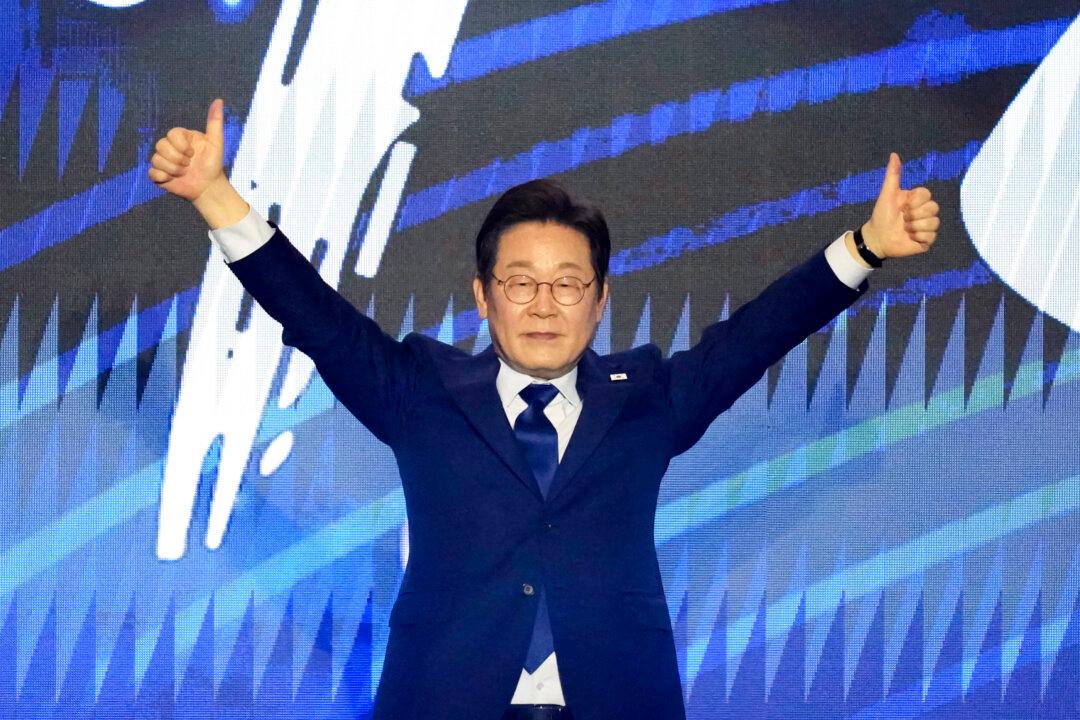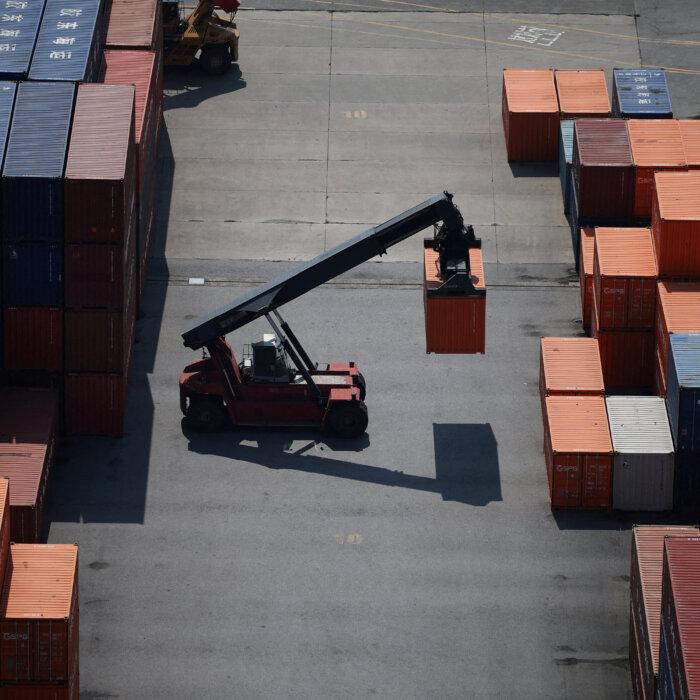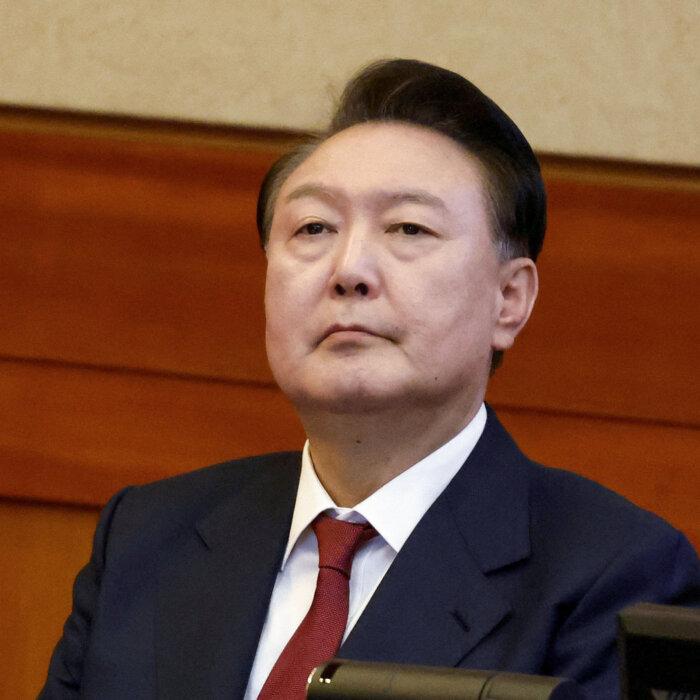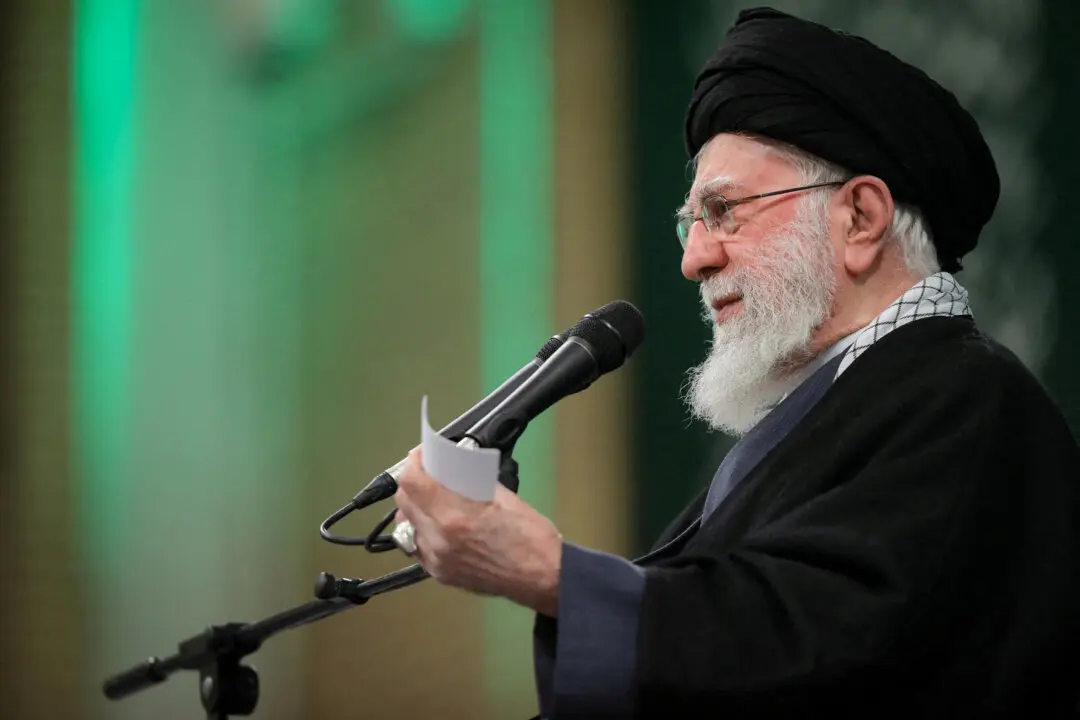The election law violation case against Lee had been closely watched, since a ruling that removes him from the ballot could further deepen divisions in what is already a febrile political atmosphere in Asia’s fourth-largest economy.
In March, an appeals court cleared Lee of breaking election law, but prosecutors appealed to the nation’s Supreme Court.
Lee is concurrently tangled up in numerous criminal proceedings, but the election law case is being given particular attention because if the Supreme Court overturns the not guilty verdict, and it is finalized, it would bar him from running for electoral office for at least five years.
South Korea’s top court said Lee violated election law by making false statements and sent the case back to the appeals court.
While the Supreme Court moved unusually fast to consider Lee’s election law case, it gave no deadline to the lower court, which usually takes months to revisit rulings, and it is unclear whether it will come before the June 3 election.
He also told reporters that he would do whatever the people wanted, regardless of what his political rivals said.
On May 1 in Seoul, South Korea, Han Duck-soo, the nation’s acting leader and current prime minister, resigned ahead of his expected official run for the top job.
“I’ve finally determined to put down my post to do what I can and what I have to help overcome the crises facing us.”
The 75-year-old career bureaucrat gave 40 years to public service and holds a Harvard doctorate in economics.
Han has held top positions under both conservative and liberal governments, including trade minister, finance minister, and ambassador to the United States. He served as prime minister twice, first under liberal President Roh Moo-hyun from 2007 to 2008, and later under Yoon.
According to his supporters, his extensive experience, especially on economic matters, makes him the right leader to deal with the United States’ new tariff policies and other economic problems plaguing the nation.
However, his critics say he does not have a sufficient political support base and is too old for the position.
Finance Minister Choi Sang-Mok was set to take over as acting president, as required by law, but he resigned. Education Minister Lee Ju-ho has now assumed the role.
Han was thrust into the spotlight after taking over the presidency from Yoon, who is currently on trial for leading an insurrection.
Yoon attempted to impose martial law for about six hours on Dec. 3, 2024, before he backed down in the face of parliamentary opposition and public protests.
That move plunged the country into months of political turmoil and led to the Constitutional Court eventually relieving him of the presidency in April.
Yoon, who had been chief prosecutor for almost two years before becoming president in 2022, denies the charges.
Also on the list of South Korean politicians currently in legal hot water is former President Moon Jae-in, who was indicted on bribery charges on April 24.







